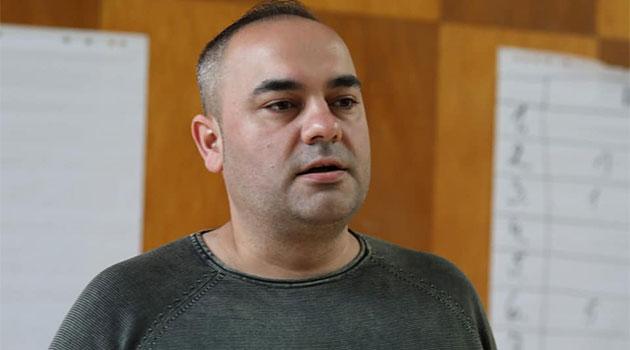Tomáš Ščuka: No more paternalism! Roma must decide how their integration is to happen in the Czech Republic

A conference was held recently in Brno, Czech Republic on the subject of creativity and engagement against inequality. Several of the Romani figures who spoke there criticized Romani people's low involvement in public life.
I didn’t personally attend, but in my opinion such matter-of-fact criticism is always the point of such spaces where we are able to discuss issues. I agree that it is appropriate to criticize the low participation of Romani people.
This issue has to be spoken of more and calls for the necessary changes have to be voiced more frequently. Personally, I draw attention to this problem on every appropriate occasion.
For that reason, I am surprised by the reactions of some who attended the conference and who are expressing their incomprehension of this critique on social media. They are reproaching the Romani figures involved for allegedly contributing nothing but embittered criticism, for making no proposals about how this situation can be changed.
I see this reproach as an erroneous perception of the entire problem. The solutions are up to every representative, every person who is engaged in the Romani integration field.
The main step that has yet to be taken, in my opinion, is that the pro-Romani nonprofits need to be capable of self-reflection and of realizing that most of them are acting to benefit Romani people – but without involving them! In other words, Romani people have no opportunity to contribute to the affairs that immediately affect them.
Can you imagine how absurd the Czech Chamber of Deputies would seem if it were 90 % composed of persons who were not Czech nationals contributing to the creation of Czech laws? That is unimaginable!
Why the hell is it, then, that a similar principle is common as a model situation in the case of Romani people? Is this because of their social status, the consequences of their social exclusion, or the tendencies to doubt their abilities?
There will certainly be more than one factor involved. What is lacking is awareness in this society.
Low or no participation sends a negative signal to the community. Seriously, we Roma have been in the background or on the sidelines of implementing integration for more than 30 years – it’s enough already!
Moreover, at a time when we do have enough capable, educated Romani people to be involved, this paternalistic approach doesn’t work anymore. Romani people themselves have to acknowledge the importance of participation, too.
For the time being, participation has essentially been denied to them, and they are unable to actively contribute toward their own affairs. Support for correcting this, whereby our people will have a deciding influence over and a share in implementing projects or policies to benefit Romani people, will give our own children positive feedback as to why education is the way forward.
The Czech public will then get to know our capable, successful Romani people. In addition to their educations, our people are also able to comprehend the cultural and social specificities of our own community and respond to their needs in a more operational way – it is no accident that exactly the education, ethnic emancipation and participation of the Roma are the crucial priorities of the documents embodying the inclusion strategy at both domestic and EU level for the 2021-2030 period.